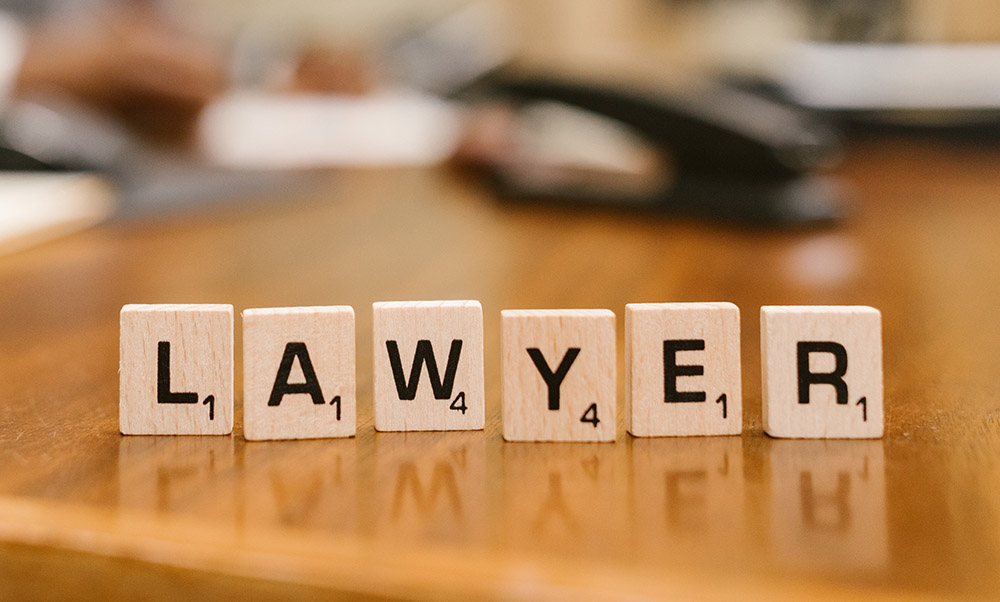
Defamation: A Comparative Study Under Civil & Criminal Laws in India
Defamation: A Comparative Study Under Civil & Criminal Laws in India; Introduction:
Defamation, the act of injuring someone’s reputation by publishing false and malicious statements, occupies a complex and often contentious space in Indian law. Straddling the divide between civil and criminal law, it raises crucial questions about balancing individual reputation with freedom of speech and expression. This essay delves into a comparative study of defamation under both civil and criminal jurisdictions in India, analyzing their key differences, defenses, and challenges.
Civil Law of Defamation:
- Uncodified: Unlike criminal defamation, civil defamation in India is not codified in a single statute but falls under the common law of torts. This allows for greater flexibility and adaptation to evolving social realities.
- Burden of Proof: The plaintiff (person defamed) bears the burden of proving all elements of the tort, including publication, falsity, and damage to reputation.
- Remedies: The primary remedy for civil defamation is monetary compensation, awarded to compensate the plaintiff for the harm caused to their reputation. Injunctions may also be granted in certain cases to prevent further publication of defamatory statements.
- Defenses: Truth is an absolute defense to civil defamation. Additionally, defenses like fair comment, privilege, and publication on a matter of public interest may be available depending on the circumstances.
Criminal Law of Defamation:
- Codified: Sections 499-502 of the Indian Penal Code (IPC) define and penalize criminal defamation.
- Burden of Proof: The prosecution bears the burden of proving the offense beyond a reasonable doubt, making it a higher standard than in civil cases.
- Punishment: Criminal defamation is punishable by imprisonment for up to two years or fine, or both. In certain cases, defamation of deceased persons and public servants carries additional penalties.
- Defenses: Truth is a defense to criminal defamation only if it was published for the public good. Additionally, privilege and publication on a matter of public interest may be available as defenses under specific circumstances.
Key Differences:
- Nature of the Action: Civil defamation is a private action initiated by the aggrieved party, while criminal defamation is a public action initiated by the state.
- Burden of Proof: Lower burden in civil cases compared to the higher burden in criminal cases.
- Remedies: Monetary compensation in civil cases, while imprisonment or fine in criminal cases.
- Defenses: Truth as an absolute defense in civil cases, while a more restrictive defense in criminal cases.
Challenges:
- Chilling Effect on Speech: The harsh penalties for criminal defamation can have a chilling effect on freedom of speech and expression, particularly for journalists and public figures.
- Misuse of the Law: Criminal defamation is often misused to silence dissent and settle personal scores, leading to harassment and intimidation.
- Need for Reform: The law on defamation needs to be reformed to strike a better balance between protecting individual reputation and upholding freedom of speech. Possible reforms include decriminalization of defamation, introducing a requirement for public interest in criminal defamation cases, and raising the burden of proof for criminal defamation.
Conclusion:
Defamation presents a complex legal conundrum in India. While protecting individual reputations is crucial, it must not come at the cost of stifling free speech. A nuanced understanding of the differences between civil and criminal defamation is essential for navigating this legal landscape effectively. Striking a balanced approach through legislative reforms and judicial pronouncements is key to ensuring both individual rights and the free flow of information in a democratic society.
Note: This is a general overview of the topic. For specific legal advice, please consult with a qualified Civil & Criminal Lawyer in Indore.
I hope this detailed analysis provides a helpful starting point for your research on defamation in India. Please let me know if you have any further questions.
Adcocate J.S. Rohilla (Civil & Criminal Lawyer in Indore)
Contact: 88271 22304
